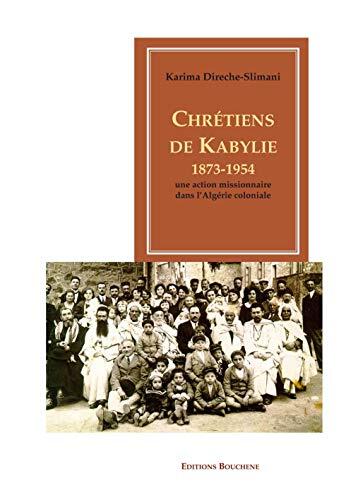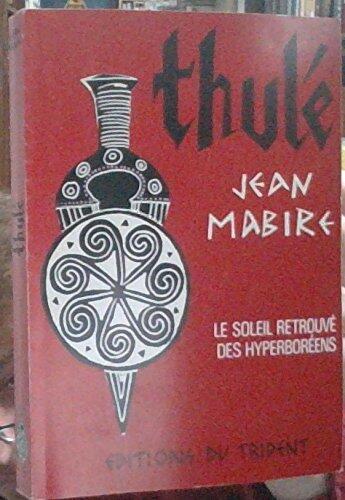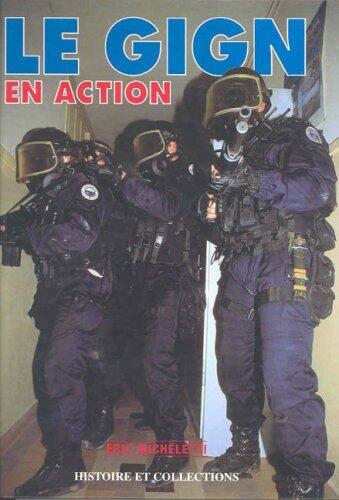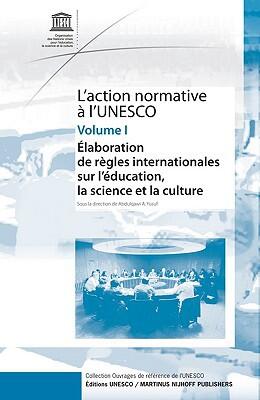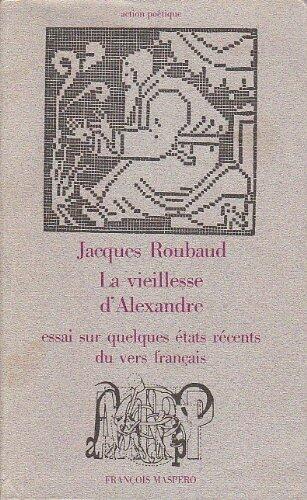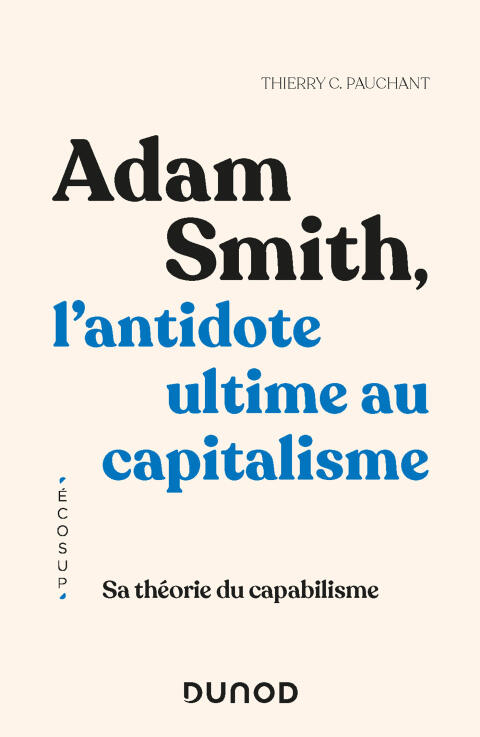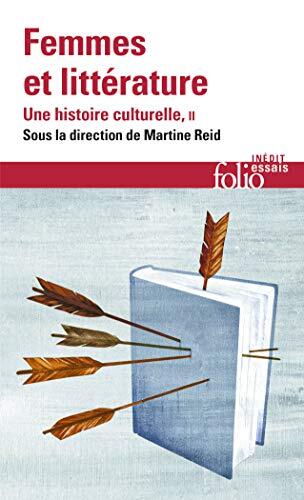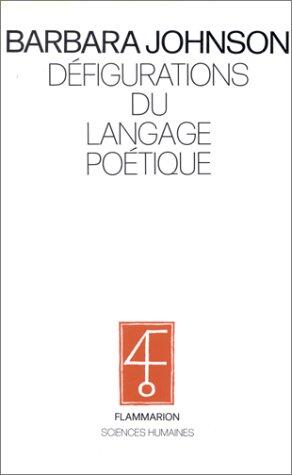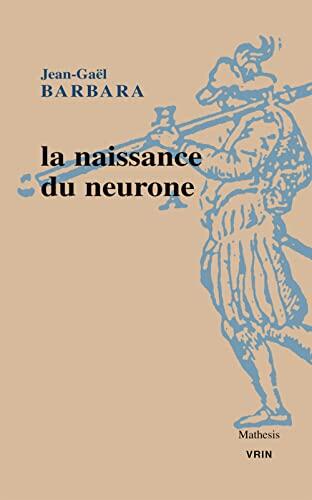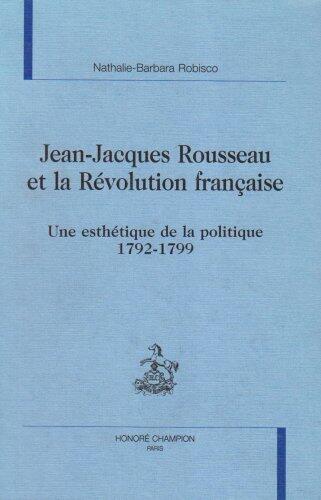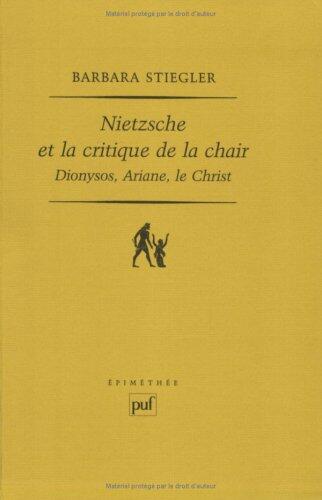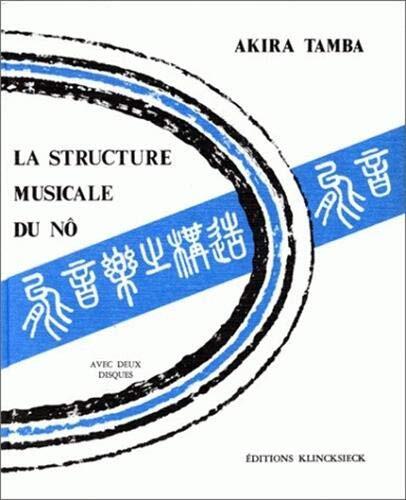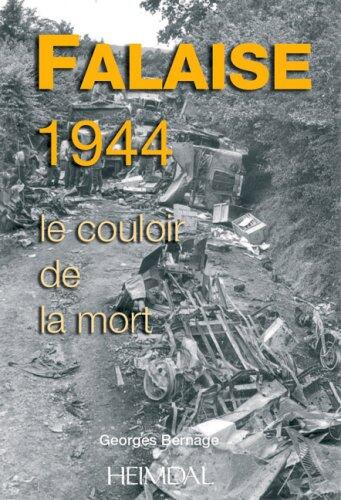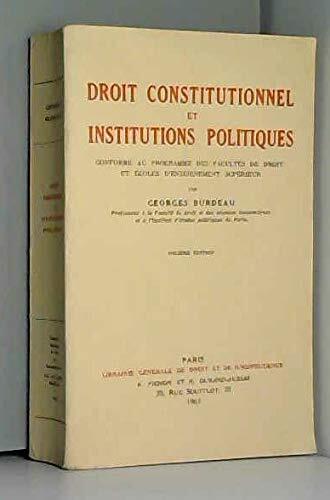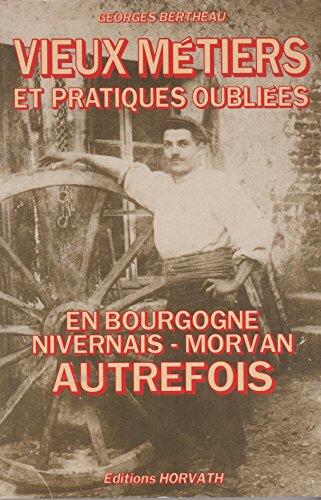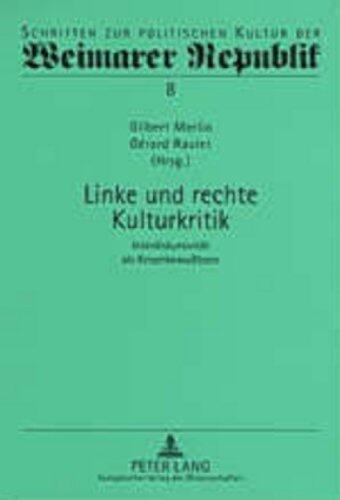
Linke und rechte Kulturkritik: Interdiskursivität als Krisenbewußtsein
لا توجد تقييمات بعد
History
Philosophy
تنسيق
غلاف ورقي
صفحات
326
لغة
الفرنسية
منشور
Jan 18, 2005
الناشر
Peter Lang GmbH, Internationaler Verlag der Wissenschaften
الطبعة
Bilingual - New
رقم ISBN-10
3631535988
رقم ISBN-13
9783631535981
الوصف
Gilbert Merlio’s insightful exploration delves into the complex interplay between left- and right-wing cultural criticisms during a tumultuous period in history. The collection presents a diverse array of perspectives, reflecting the intricate landscape of political thought in the Weimar Republic. With contributions in both German and French, the work serves as a bridge for understanding how different cultural critiques shaped societal values and responses to ongoing crises.
Throughout the pages, readers encounter a rich tapestry of ideas that illustrate the tensions and dialogues among various ideological positions. The authors meticulously analyze how these cultural critiques were not merely reflections of political ideology but also expressions of a broader societal angst. This examination reveals a deep-seated awareness of cultural and political crises that resonate even in contemporary contexts.
Merlio’s compilation is not just a historical analysis; it invites readers to consider the implications of these cultural critiques on today’s societal challenges. By revisiting the arguments and perspectives of the era, he encourages a reflective stance, urging modern audiences to engage with the historical discourse anew.
In this thoughtful anthology, Merlio and his co-editor Gerard Raulet create a vital resource for scholars and enthusiasts alike, fostering a deeper understanding of how cultural narratives shape political landscapes and influence collective consciousness.
Throughout the pages, readers encounter a rich tapestry of ideas that illustrate the tensions and dialogues among various ideological positions. The authors meticulously analyze how these cultural critiques were not merely reflections of political ideology but also expressions of a broader societal angst. This examination reveals a deep-seated awareness of cultural and political crises that resonate even in contemporary contexts.
Merlio’s compilation is not just a historical analysis; it invites readers to consider the implications of these cultural critiques on today’s societal challenges. By revisiting the arguments and perspectives of the era, he encourages a reflective stance, urging modern audiences to engage with the historical discourse anew.
In this thoughtful anthology, Merlio and his co-editor Gerard Raulet create a vital resource for scholars and enthusiasts alike, fostering a deeper understanding of how cultural narratives shape political landscapes and influence collective consciousness.
